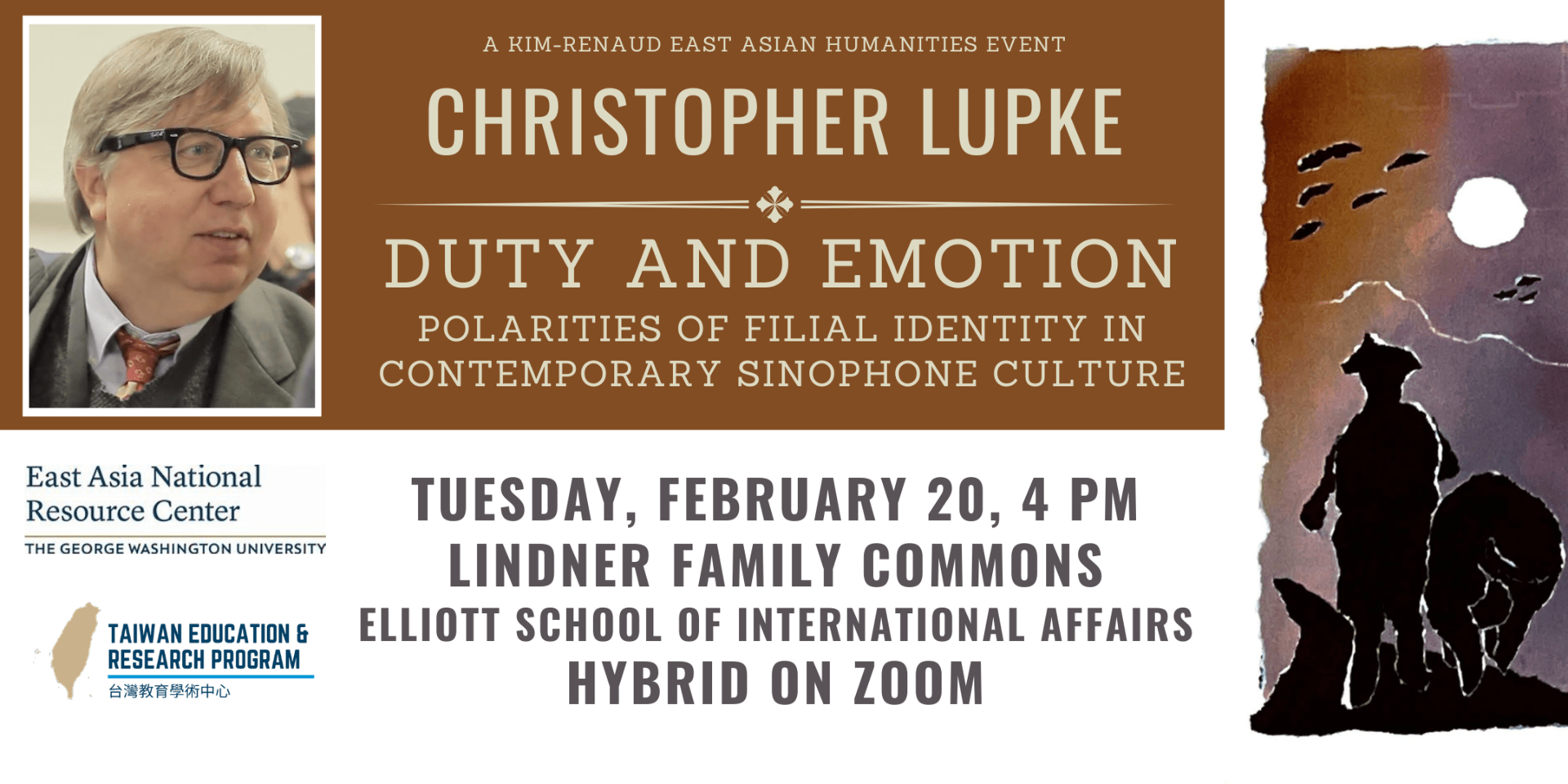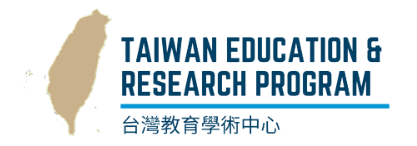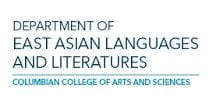
Tuesday, February 20th, 2024 · 4 – 5:30 pm EST
Hybrid Talk on Zoom and in the Lindner Family Commons in Room 602
Elliott School of International Affairs
1957 E St. NW Washington, DC, 20052
About this event:
One of the great themes of modern Chinese and Sinophone culture is the emergence of new forms of individual identity that break free of the confines of what May Fourth intellectuals such as Lu Xun, Wu Yu, Chen Duxiu, Ba Jin, and others have imputed to filiality 孝, one of the cornerstones of traditional Chinese thought, ethics, and subject-formation. But filiality has not retired from the scene of intellectual discourse as quickly and easily as some had thought it would. The modern era is in one sense a battle between the time-honored obeisance to one’s elders on the one hand and individualism on the other. This Manichean conflict presumes that we think of filiality in terms of duty: devotion to one’s parents and ancestors; heterosexual bonding and marriage; the production of biological heirs, especially sons; and honorable deeds that bring pride to parents and family.
Deeply engrained in Chinese society since pre-Confucian times, and codified by Confucius, Mencius, and their followers, the filial structure of selfhood and conduct is virtually synonymous with the fundamental essence of Chinese culture in its purest form. This is only true if we conceive of filiality as a prescribed protocol for upright behavior. But what about the feelings associated with filiality? In a recent book that promises to redraft our perspective on filiality, Maram Epstein seeks to place affect, or the emotional component of human existence, at the forefront of our understanding of the nature of filiality, suggesting that the modern repudiation of filiality has tainted our entire thought-structure as to what filiality means historically and how it functions.
Epstein’s work on Ming and Qing China has prompted Professor Lupke to reflect on his own understanding of filiality, asking how it fosters emotional bonds such as affiliations to one’s parents in positive ways. In this presentation, Professor Lupke will use his refreshed attention on affect to explore the emotional terrain of filial relationships in contemporary Sinophone works. He will examine works by Huang Chunming, Bai Xianyong, Wang Wenxing, Hou Hsiao-hsien, and the contemporary US-based poet Zhang Er. At issue is the crucial role that overwrought emotions play in the filial dynamic in intergenerational relations that we see so much of in the Sinosphere and in Sinophone cultural production.
About the speaker:
Christopher Lupke (Ph.D. Cornell University) is Professor of Chinese Cultural Studies at the University of Alberta. A scholar of modern and contemporary Chinese literature and cinema, he is the author of The Sinophone Cinema of Hou Hsiao-hsien: Culture, Style, Voice, and Motion (Cambria Press; 2016). He has written, edited, co-edited, or translated seven books including The Magnitude of Ming, New Perspectives on Contemporary Chinese Poetry, Chinese Poetic Modernisms, Dictionary of Literary Biography: Chinese Poets since 1949, and the multi-volume reference work Wiley-Blackwell Companion to World Literature. He also has edited or co-edited five special journal issues. Lupke’s translation of Ye Shitao’s monumental A History of Taiwan Literature was awarded the Aldo and Jeanne Scaglione Award from the MLA and his career- long dedication has won him the Michael Delahoyde Award for Distinguished Editing from the Rocky Mountain MLA. Lupke’s current research focuses on the Confucian notion of “filiality” in contemporary Chinese culture, a bedrock philosophical notion and popular value that dates to before the times of Confucius in China and maintains its relevance in Chinese society today.
Registration
The event is open to the public. Guests who register for the event will receive details for joining the Zoom meeting.




